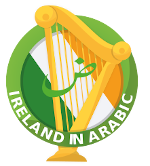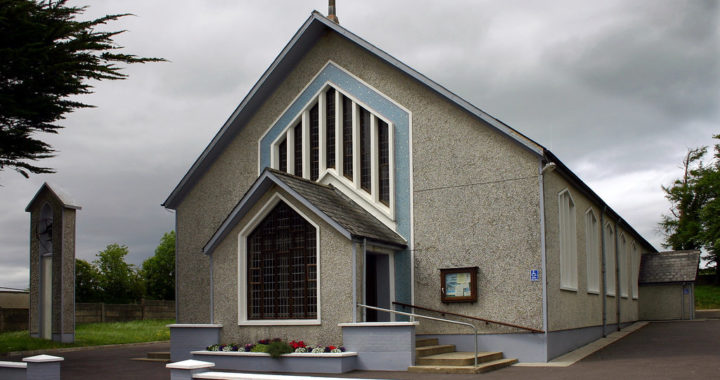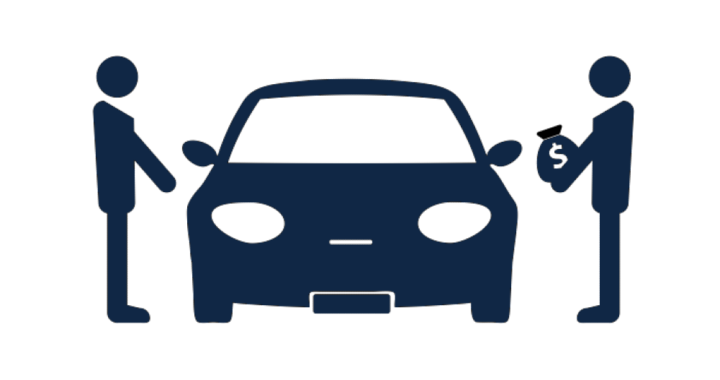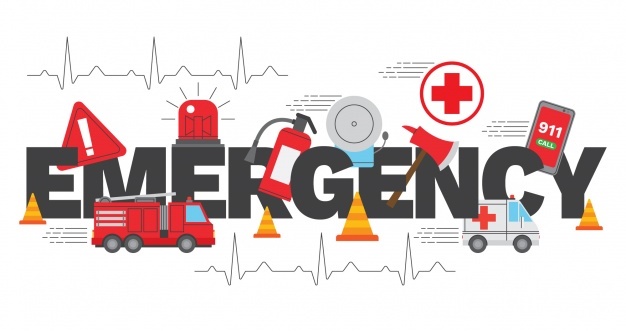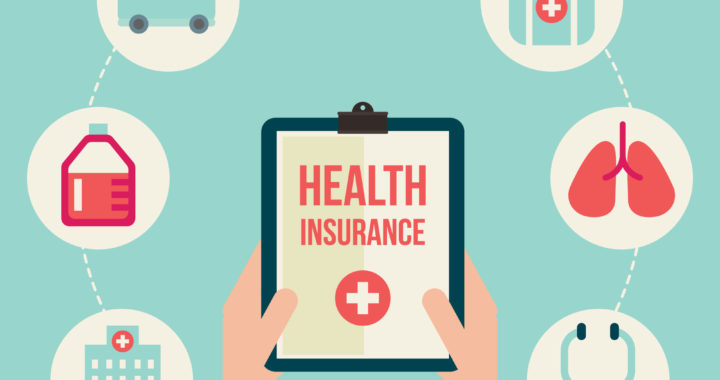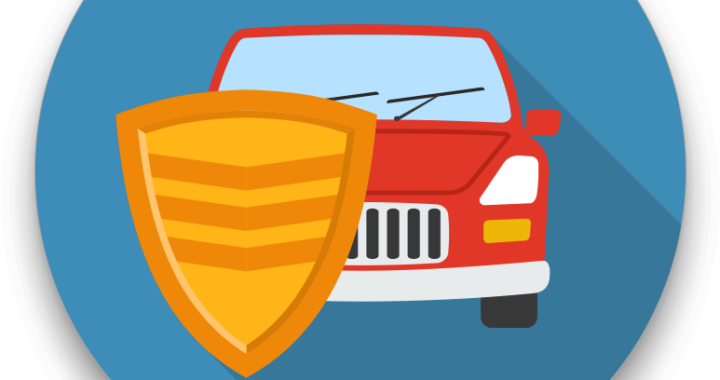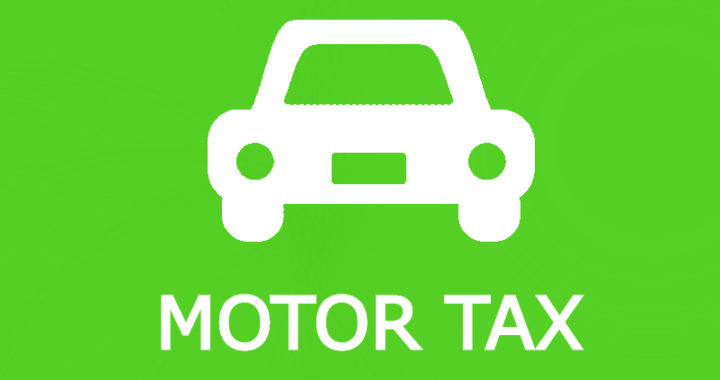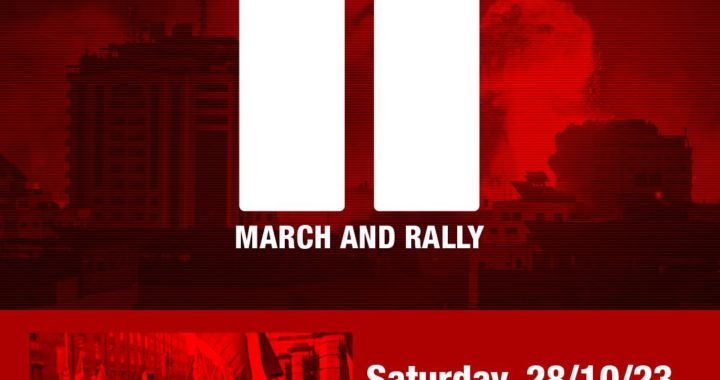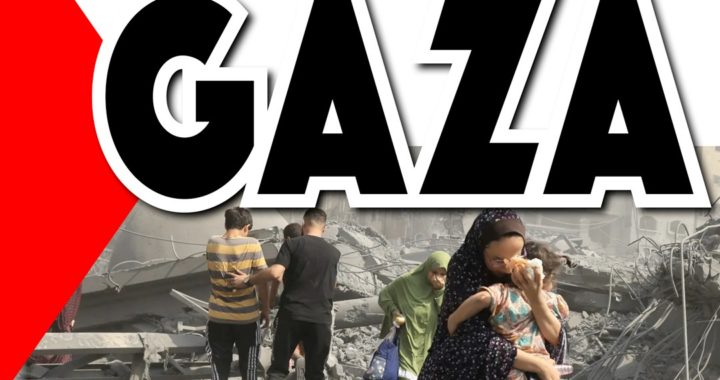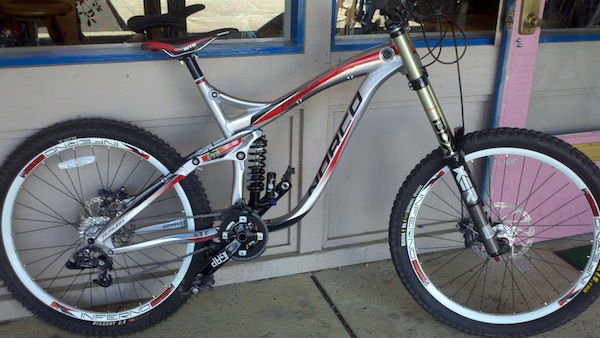Education System
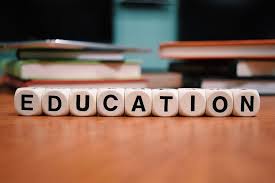
Educationis compulsory for all children in Ireland from the ages of six to sixteen or until students have completed three years of second-level education and including one sitting of the Junior Certificate examination. Primary education commonly starts at four to five years old.
The Irish education system is made up of:
- Early Childhood
- Primary
- Post Primary (Secondary School)
- Further Education and Training
- Higher Education
- Qualifications Recognition
- Educational provision for students with special educational needs
- Provision for disadvantaged students
State-funded education is available at all levels unless you choose to send your child to a private institution.
Early Childhood/Pre-school 
The compulsory school age in Ireland is 6 and all forms of pre-primary education are optional. However, children from the age of 4 can be enrolled free in infant classes (Junior and Senior) in primary schools. Nearly 40% of 4-year-olds and virtually all 5-year-olds attend primary school, where early education is provided in infant classes.
In addition to the provision for children in the infant classes in primary schools, the Department of Education and Skills funds some specific pre-primary services. These include:
- The free Pre-School Year scheme was introduced in January 2010 and is being administered by the Department of Children and Youth Affairs. Under the scheme, the age of eligibility is set to be reduced to 2 years and 8 months and all children within the relevant age range can freely avail of two years of the Early Childhood Care and Education (ECCE) Programme.
With the exception of the above, early childhood education and care services in Ireland are delivered outside the formal education system, by a diverse range of private, community and voluntary interests and are described variously as crèches, nurseries, pre-schools, naíonraí (Irish language pre-schools), playgroups and daycare services.
Childcare services in Cork
Nurture Childcare & Early Learning Centre
More childcare services in Cork are available here
Primary Education 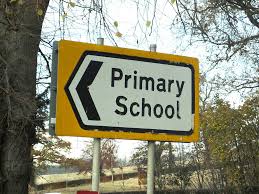
Introduction:
The primary education sector includes state-funded primary schools, special schools and private primary schools. The state-funded schools include religious schools, non-denominational schools, multi-denominational schools and Gaelscoileanna (Irish-medium schools). For historical reasons, most primary schools are state-aided parish schools, although this pattern is changing. The state pays the bulk of the building and running costs of state-funded primary schools, but a local contribution is made towards their running costs. Teachers’ salaries are paid by the Department of Education and Skills, and the schools are inspected by the Department’s Inspectorate.
Although children are not obliged to attend school until the age of six, almost all children begin school in the September following their fourth birthday. Nearly 40% of four-year-olds and almost all five-year-olds are enrolled in infant classes in primary schools (sometimes called national schools). Primary education consists of an eight-year cycle: junior infants, senior infants, and first to sixth classes. Pupils normally transfer to post-primary education at the age of twelve.
The curriculum
The curriculum is divided into the following key areas:
- Language – Irish and English
- Mathematics
- Social, Environment and Scientific Education
- Arts Education, including Visual Arts, Music and Drama
- Physical Education
- Social, Personal and Health Education.
Comments
- You can opt from religion upon request
- Educate Together Schools are not teaching religion at all.
- You can opt from the Irish language if you have a different mother language, but you have to discuss this issue with the school principal
- You can find the nearest school here, and the school ranking here
Post Primary (Secondary School) 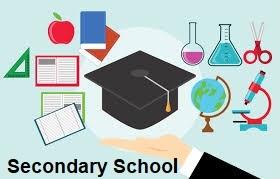
The secondary school system
In Ireland, the Secondary School system consists of 5 or 6 years of study, which is divided into two cycles, Junior and Senior. Post-primary education consists of a three-year Junior Cycle (lower secondary), followed by a two or three-year Senior Cycle (upper secondary), depending on whether the optional Transition Year (TY) is taken.
The Junior Cycle
Students usually begin the Junior Cycle at age 12. The Junior Certificate examination is taken after three years. For your junior cycle, most subjects are mandatory, however, there is an element of selection on subjects such; business, music, home economics, art, woodwork, metalwork, and in some schools, science is also an option. In your JC subjects choices are not that important, however when entering your leaving cert, it is important to research what college course you want to do, as some courses require certain subjects.
The Senior Cycle
The Senior Cycle caters for students in the 15 to 18 year age group. It includes an optional Transition Year, which follows immediately after the Junior Cycle. TY provides an opportunity for students to experience a wide range of educational inputs, including work experience, over the course of a year that is free from formal examinations.
During the final two years of Senior Cycle students take one of three programmes, each leading to a State Examination: the traditional Leaving Certificate, the Leaving Certificate Vocational Programme (LCVP) or the Leaving Certificate Applied (LCA).
The Leaving Certificate
The traditional Leaving Certificate examination is the terminal examination of post-primary education and is taken when students are typically 17 or 18 years of age. Syllabuses are available in more than 30 subjects and students are required to take at least five subjects, one of which must be Irish. View the full range of Senior Cycle subjects
Choosing a school.
There is a number of factors that play into the process of choosing the school. It is important, for your own convenience that the school be easily accessible, and not too far away from your current home. Schools almost always host an annual open day for students thinking about joining. It would be recommended that you attend these open days to get an idea of how the school operates and the attitude of the people in it. When researching schools, it might be smart to look up the school website. Other choices you will have to make are whether you chose to go public or private, segregated or mixed genders. If you are still unsure, ask around and try to get a sense of the schools’ reputation among people. You can also find the schools ranking here.
Transition year
some schools have 4th year as mandatory, you have to do the year. Most all-boy schools have this system in place. Other schools give you a choice whether you would want to do the year or not. If you choose not to, you will finish your second level of education a year early. What TY consists of depends on the school, however, it is largely determined by your attitude and approach to the year. TY is what you make it if you decide to dedicate the year to study, then it will be a study year. If you decide to dedicate the year to doing sport or music, then that is what the year will become. In summary, teachers will not force you to do any work in this year but will support whatever you chose to do with the year. If a student wishes, despite all this, to skip that option may be available.
Higher Education: 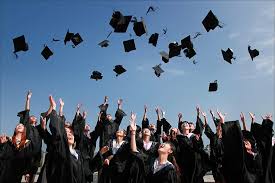
- Safe environment
- English speaking
- Education excellence
- Innovative & creative culture
- Global companies
University tuition fees in Ireland
